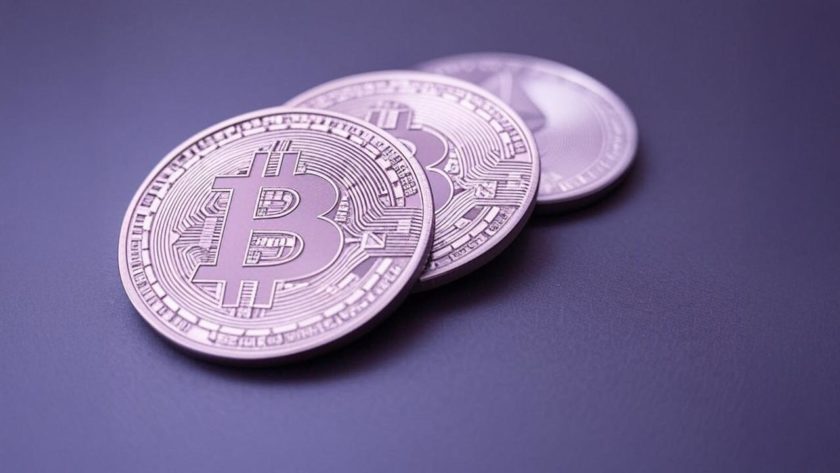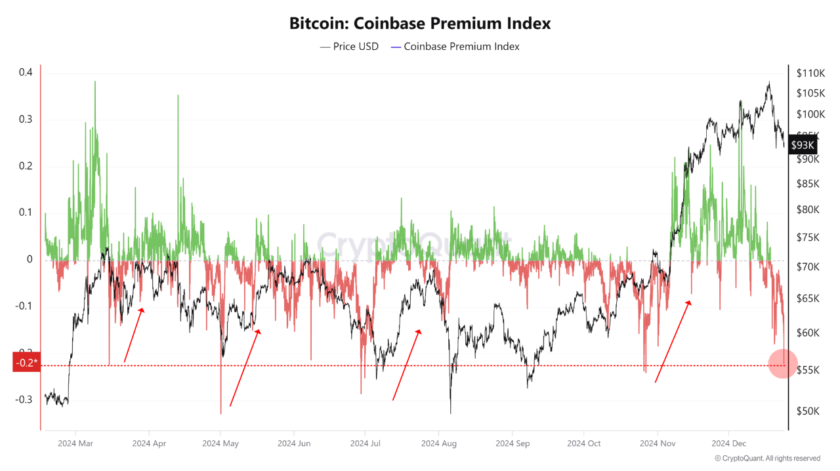- Gold is once again rallying on safe-haven demand, with the yellow metal gaining 2.5% Sunday evening. Bullion flash-crashed by $78 on Friday, its worst single-day drop in seven years.
- Latest PMI data out of China suggest coronavirus is wreaking havoc on the world’s second-largest economy.
- Amid the global economic and financial tumult, demand for bitcoin has been non-existent.
Investors are once again flocking to traditional safe havens, as the price of gold shot up more than 2% Sunday following the release of shocking Chinese economic data over the weekend.
Meanwhile, futures on the Dow and broader U.S. stock market plunged anew over fears that the rapidly spreading coronavirus could drag the global economy into recession.
Gold Bounces Back
The price of gold was in a steep recovery on Sunday, gaining as much as 2.5% to $1,605.50 a troy ounce.
On Friday, gold plunged by as much as 4.7%, its worst showing since 2013. The circumstances behind the crash are a little murky, though margin calls amid the wider market slump were partially to blame.
Prior to the selloff on Friday, gold had been rallying for weeks over the spread of coronavirus. This culminated in multiple seven-year highs for the precious commodity. At its highest point last week, gold hit $1,691.70 an ounce in New York trading.
Silver futures, which experienced an even bigger selloff on Friday, were up 40 cents, or 2.5%, to $16.86 a troy ounce Sunday evening.
Watch Joseph Cavatoni, managing director at the World Gold Council, explain how coronavirus is just one of many catalysts pushing gold prices higher.
China’s Economy on Life Support
Investors were on high alert Sunday evening after the latest data out of China showed deepening cracks in the economy due to coronavirus.
China’s official manufacturing purchasing managers’ index (PMI) crashed to a record low of 35.7 in February from 50.0 the month before. On the PMI scale, anything below 50 signifies contraction in economic activity.
The gauge of services activity plunged to 29.6 from 54.1 in January.
Capital Economics says China’s economy is on track to contract this quarter in year-over-year terms, marking the first such instance since at least the 1990s.
Even before the coronavirus outbreak happened, China’s economy was reeling from a prolonged trade war and slumping manufacturing output. A contraction in GDP would be enough to knock the global economy off course for the foreseeable future.
Al-Jazeera explains how coronavirus could disrupt the global economy.
Bitcoin Bulls are Silent
Crypto enthusiasts trying to sell bitcoin as a global reserve asset have been kicked in the gut over the past few weeks. Not only has bitcoin failed to rally alongside traditional safe havens like gold and government bonds, the number one cryptocurrency has actually lost a step.
Bitcoin’s price is down over 17% from the Feb. 12 high near $10,500. It’s now sitting below the 200-day moving average, a pivotal long-term support.
While bitcoin is still outperforming gold on a yearly basis, and continues to do a better job at outpacing inflation, it’s not behaving like a traditional safe haven that sucks in capital during periods of economic and financial turmoil.
Bitcoin has shown glimpses of behaving like a haven asset, but the balance of evidence suggests it’s not there yet. Bitcoin bulls can take solace in the fact that their favorite cryptocurrency managed to hold steady during the latter half of the stock-market selloff last week.
Disclaimer: The opinions expressed in this article do not necessarily reflect the views of CCN.com. The above should not be considered trading advice from CCN.com.
Last modified: March 2, 2020 3:23 AM UTC




